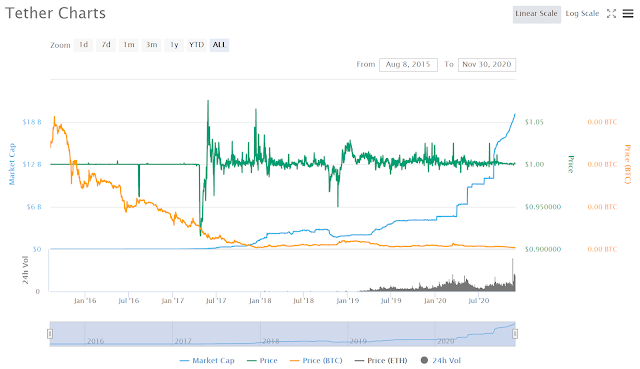Binance and its stablecoins

Yesterday, the SEC issued a Wells notice to the stablecoin issuer Paxos , warning it that the SEC intended to take legal action against it for issuing an unregistered security. The security in question is the fully-reserved stablecoin BUSD (Binance USD), which Paxos issues expressly for use on the Binance crypto exchange. The Wells notice doesn't apply to Paxos's other fully-reserved stablecoin, USDP, which it issues for use on its own platform. A few hours later, the New York Department of Financial Services (NY DFS) ordered Paxos to stop minting BUSD. In a consumer alert published on its website, the NY DFS said there were "several unresolved issues related to Paxos’ oversight of its relationship with Binance in regard to Paxos-issued BUSD." It didn't specify what these issues were, but it went on to clarify that Paxos's BUSD and Binance's coin of the same name are not the same thing, and that it only regulates Paxos's coin, not Binance's: ...



